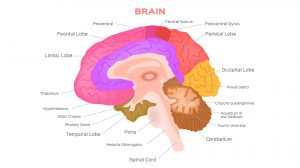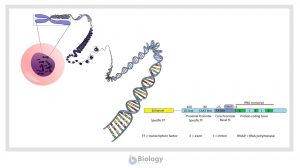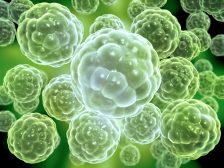Definition
noun, plural: peritonites
(pathology) The inflammation of the peritoneum
Supplement
Peritonitis pertains to the inflammation of the peritoneum. Peritoneum is the smooth serous membrane that lines the cavity of the abdomen and covers most of the abdominal organs.
Peritonitis is marked by exudations in the peritoneum of serum, fibrin, cells, and pus. It is often accompanied by an abdominal pain and tenderness, as well as constipation, vomiting, and moderate fever. Peritonitis may be localized or generalized.
Peritonitis is usually caused by a ruptured organ, e.g. the appendix. The rupture of the appendix, for instance, brings about infection and thereby results in the inflammation of the peritoneum. Another possible cause involving an infectious process is the disruption of the peritoneum, such as by trauma, surgical wound, etc. Peritonitis that results from infection may also be due to intra-peritoneal dialysis, pelvic inflammatory disease, and certain systemic infections, such as tuberculosis.
Peritonitis may also be caused by a non-infectious process. Conditions such as the leakage of sterile bodily fluids into the peritoneum, systemic lupus erythematous, porphyria, TNF-receptor associated periodic syndrome have been associated with peritonitis.
Word origin: perito(neum) + -itis (condition)
Compare:
See also:
Related term(s):
- Localised peritonitis
- Productive peritonitis
- Chyle peritonitis
- Diffuse peritonitis







